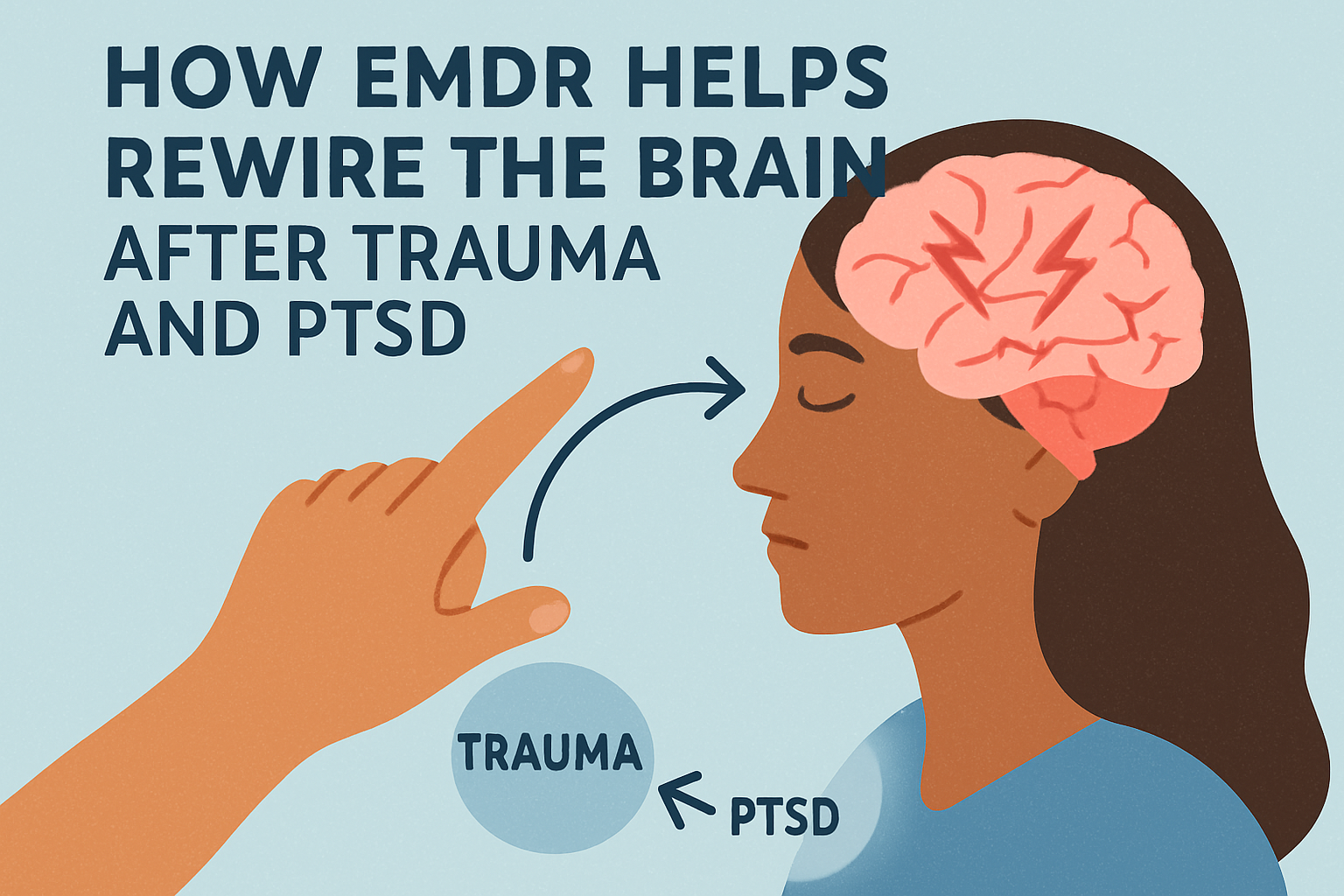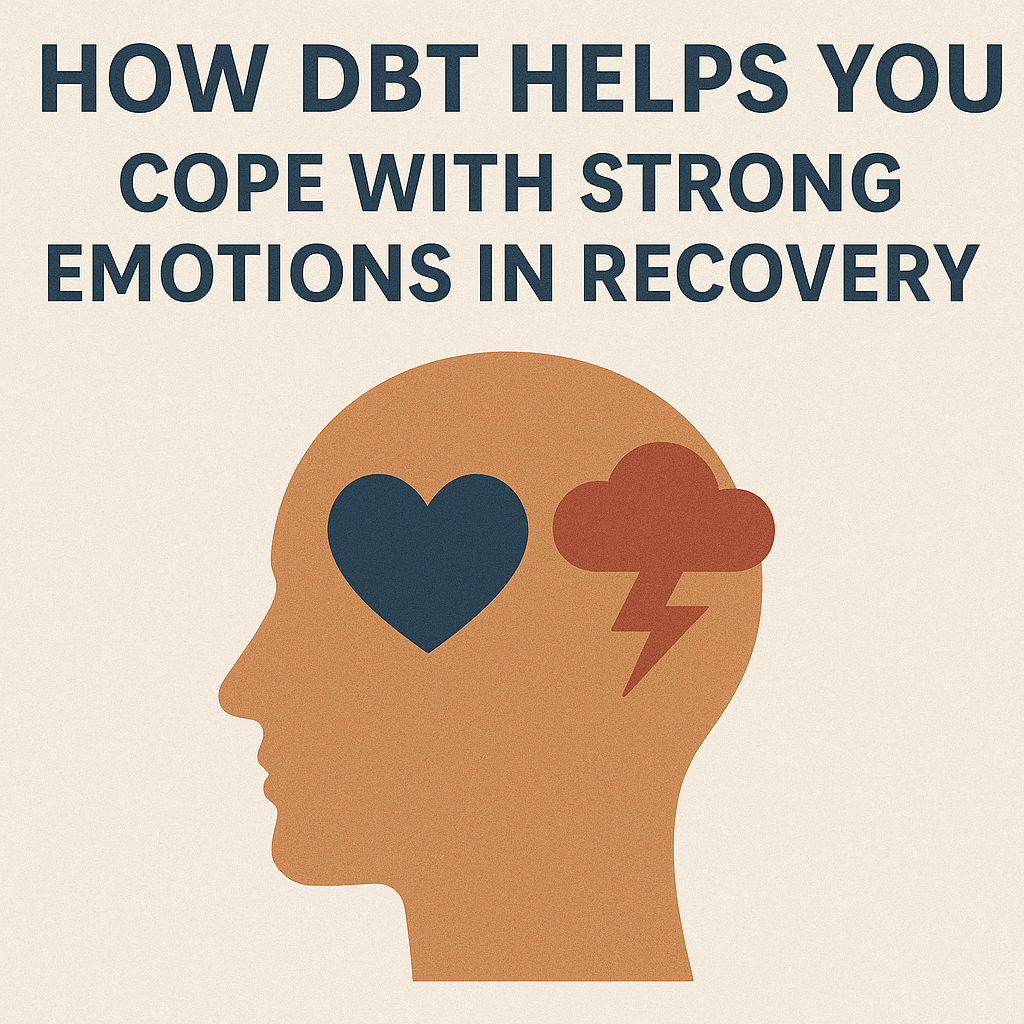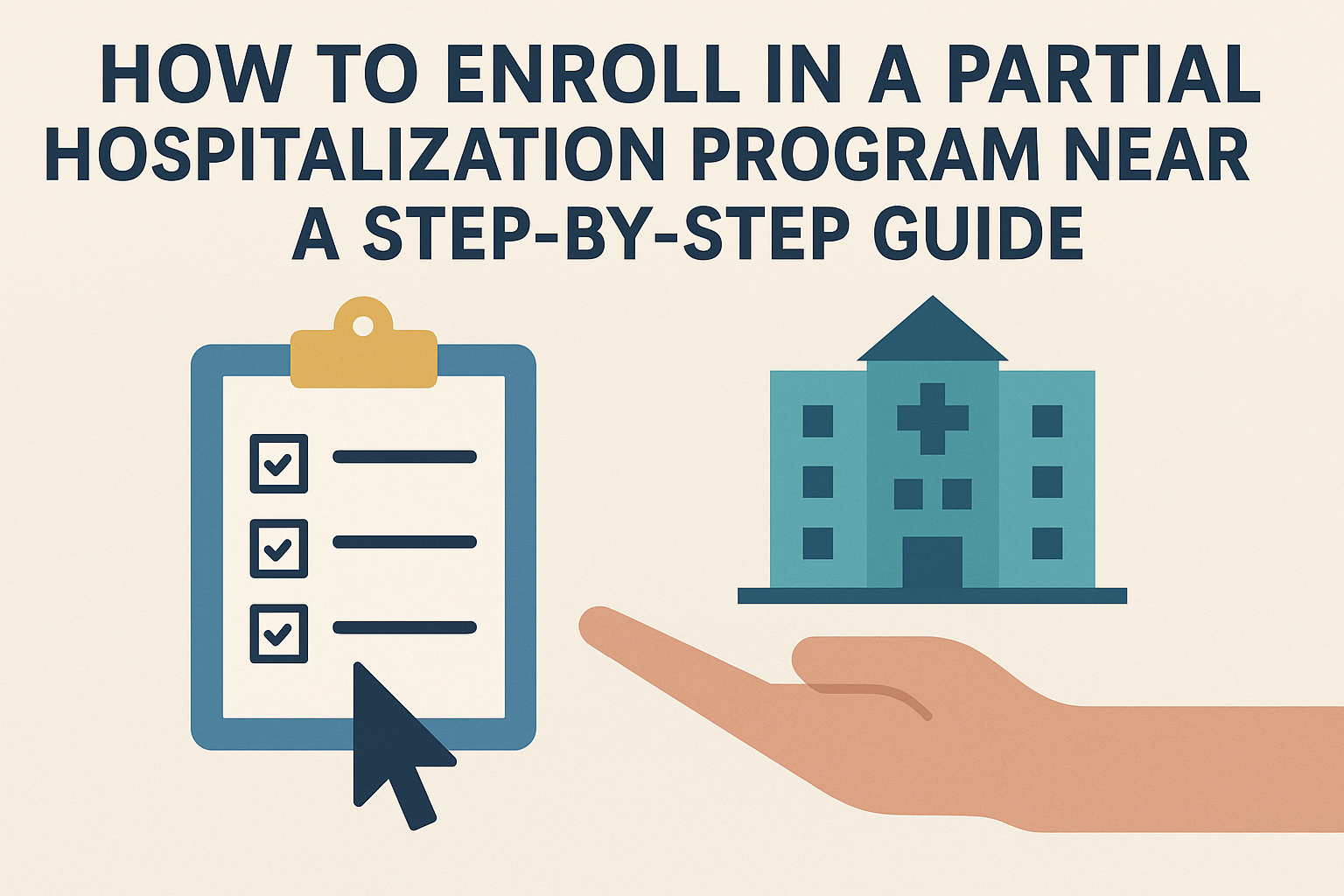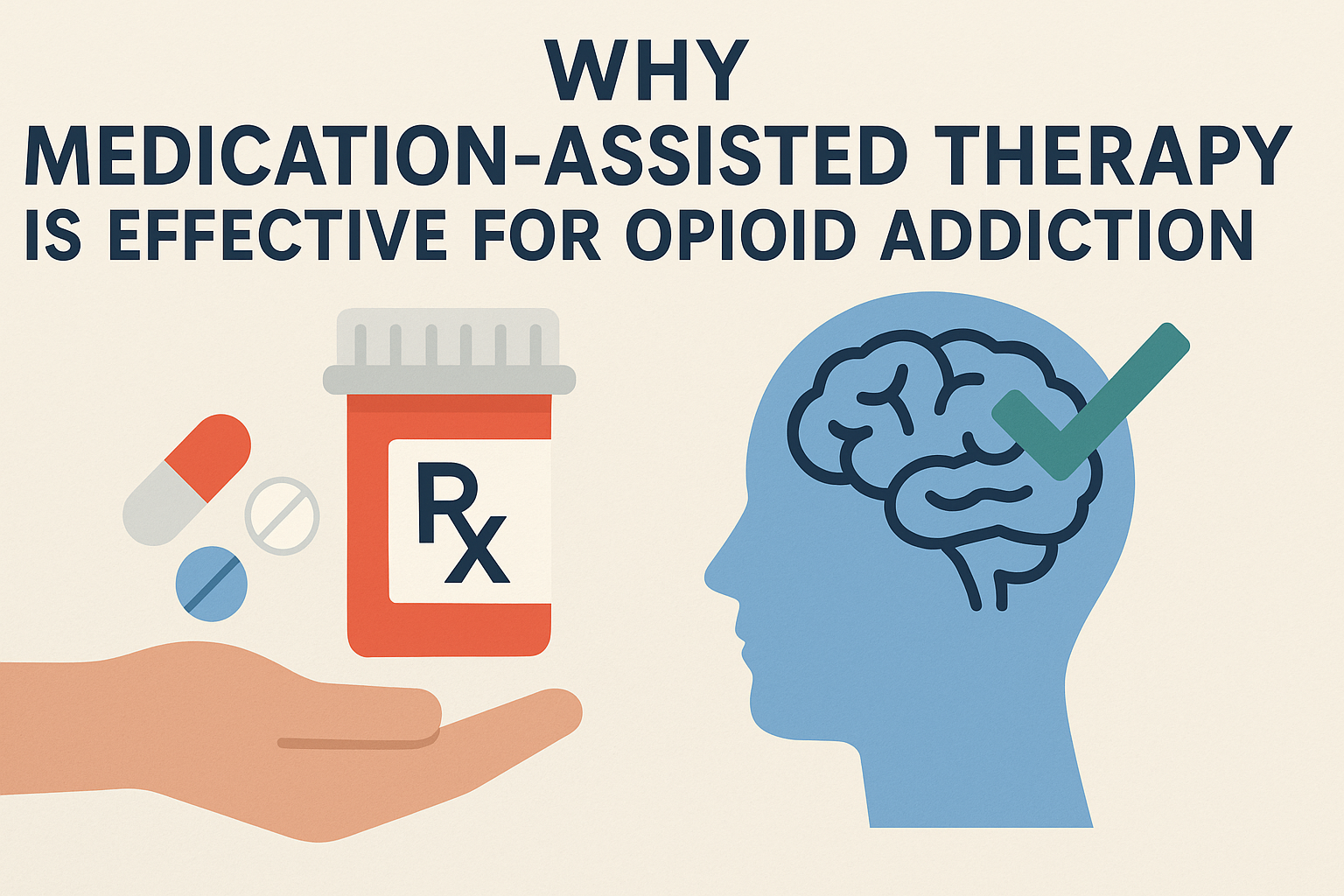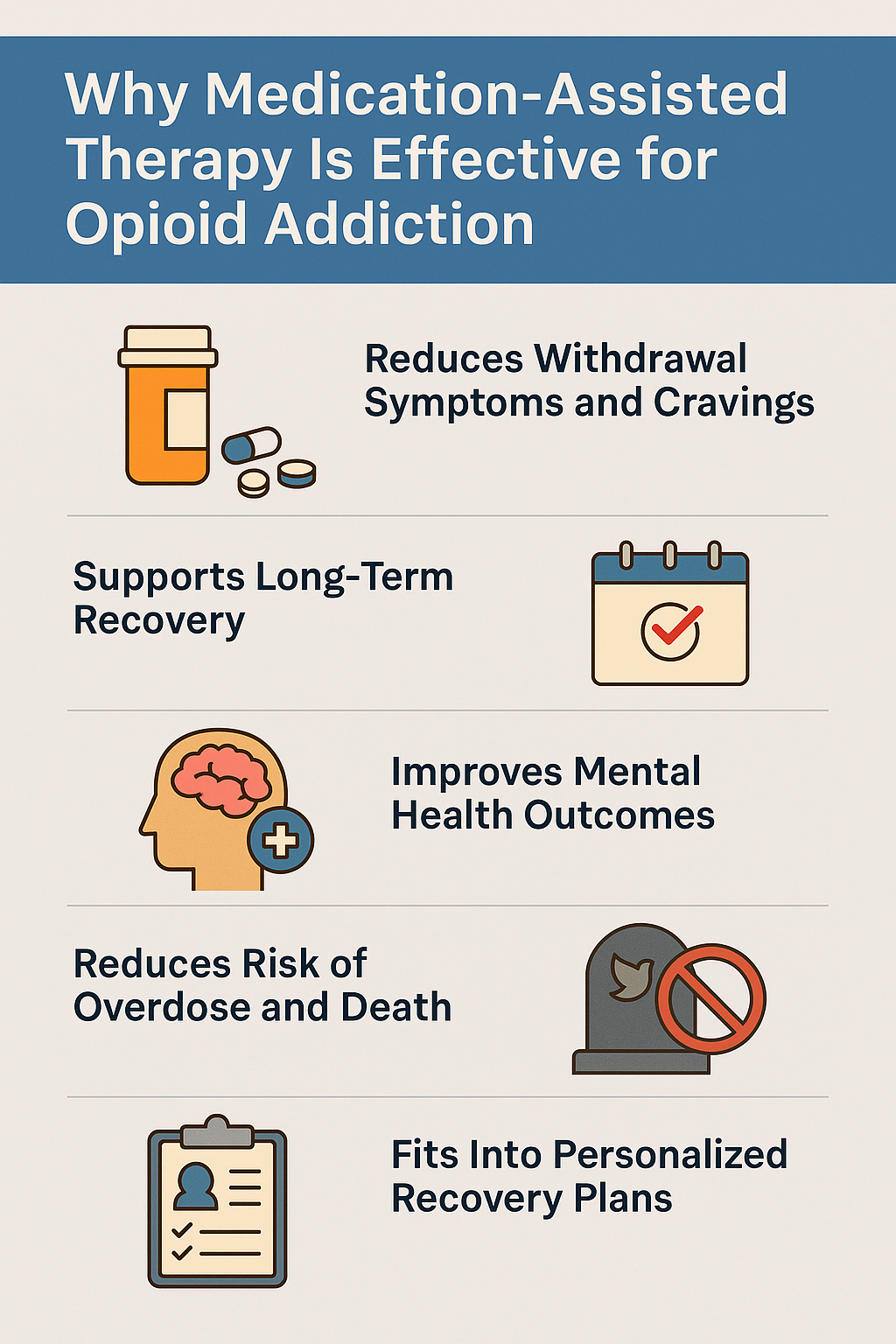How DBT Skills Transform Emotional Turmoil into Personal Growth
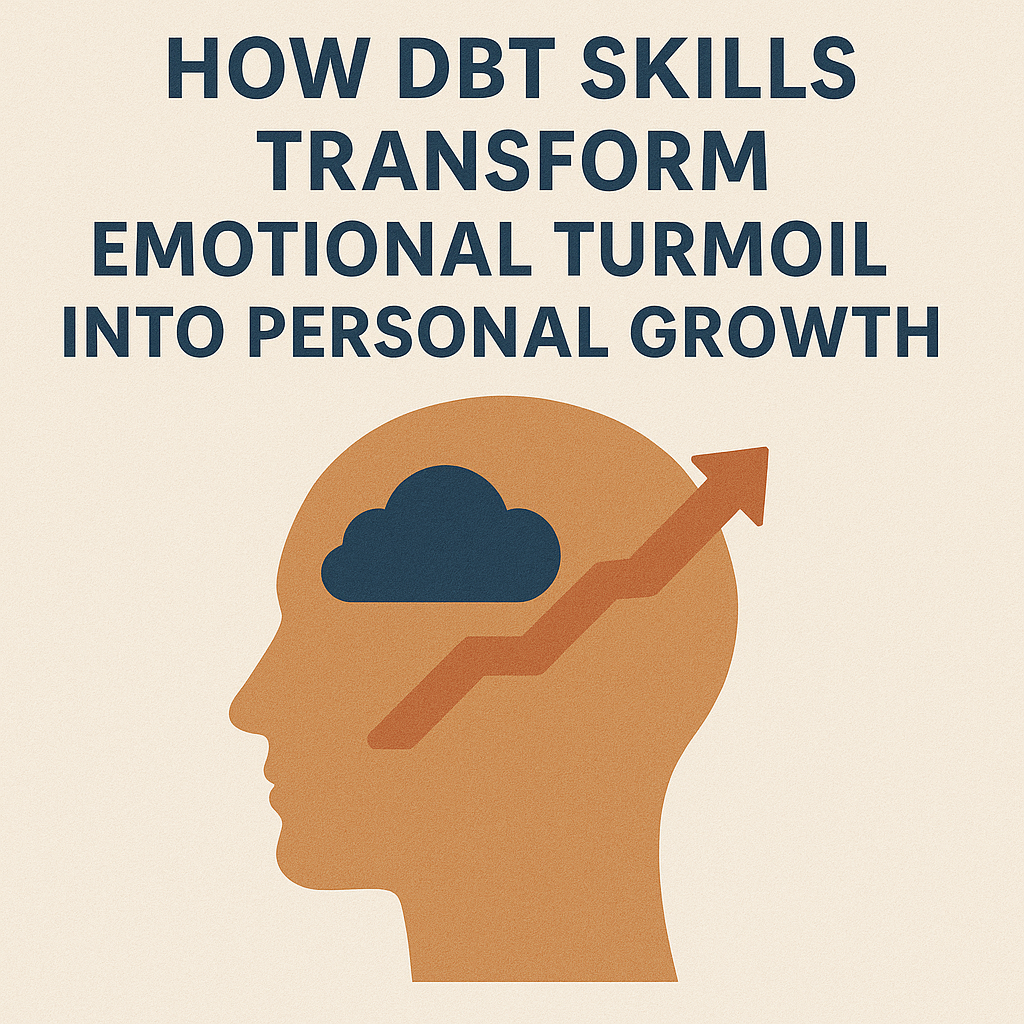
Strong 8k brings an ultra-HD IPTV experience to your living room and your pocket.
Ever feel like your emotions take over, leaving you reacting in ways you regret later? You’re not alone. Many of us struggle with emotional intensity moments where everything feels too big, too fast, too painful. But what if those overwhelming feelings could actually become a path to growth?
Dialectical behavior therapy (DBT) is one of the most powerful tools I’ve come across for managing emotional chaos not by shutting down what we feel, but by learning how to respond in healthier, more effective ways. DBT doesn’t just help people survive it helps them grow.
What Is DBT, Really?
Dialectical behavior therapy (DBT) is a specialized form of therapy designed to help people who experience intense emotions, impulsive behavior, or difficulty in relationships. Developed by Dr. Marsha Linehan, DBT blends strategies of acceptance with techniques for change. That balance between validating where you are and encouraging where you can go is what sets DBT apart.
“People may not get all they want, but they can find serenity in accepting what life has given them.” Marsha Linehan
Unlike some therapies that focus primarily on insight or analysis, DBT is skill-based. It gives you real tools to use in real moments, from panic attacks to heated arguments to feelings of emptiness.
How Emotional Turmoil Becomes Growth
We all experience emotional pain. But for some of us, that pain feels like a tidal wave drowning out logic, straining relationships, and fueling destructive habits. DBT works by teaching us how to ride those emotional waves rather than get swept away.
It does this through four skill areas, each offering a new way to relate to yourself and the world around you:
Mindfulness: The Foundation of Awareness
Everything in DBT begins with mindfulness. This isn't about meditating for hours it’s about learning how to pause, breathe, and notice what you’re feeling in the moment without judging it.
When you become more aware of your inner world, you start making choices instead of reacting automatically. Mindfulness is the bridge between emotion and growth. It helps you see that your feelings are valid—but they don’t have to control you.
Distress Tolerance: Surviving Without Self-Destructing
Ever done something in a moment of distress that you instantly regretted? That’s where distress tolerance comes in. These skills help you manage emotional pain without making things worse.
You learn how to self-soothe, distract safely, and accept reality when you can’t change it. According to the National Institute of Mental Health, therapies like DBT that focus on emotional regulation can reduce impulsive behaviors and improve resilience.
Emotion Regulation: Making Sense of What You Feel
DBT teaches you how to identify, understand, and respond to your emotions more effectively. Rather than being at the mercy of every emotional shift, you learn to work with your feelings.
You begin to notice patterns. You recognize your triggers. And most importantly, you start to develop healthier ways to meet your emotional needs without the outbursts, shutdowns, or spirals.
Interpersonal Effectiveness: Building Stronger Relationships
Let’s be real our emotions don’t just affect us. They spill into our relationships. DBT’s interpersonal skills help you speak up for yourself without damaging connections. You learn how to ask for what you need, say “no” when necessary, and set boundaries with confidence.
These skills are especially powerful for people who’ve struggled with codependency, conflict, or abandonment fears. They teach you how to be kind and assertive something many of us were never taught growing up.
Is DBT Right for You?
If you’ve ever felt like your emotions were too much, too fast, or too confusing DBT might be exactly what you need. It’s particularly effective for people with borderline personality disorder, PTSD, depression, anxiety, and other emotion-related conditions.
Even if you don’t have a formal diagnosis, the skills from dialectical behavior therapy dbt can be life-changing. They help you move from emotional survival to emotional mastery one mindful moment at a time.
Final Thoughts
You don’t have to keep feeling overwhelmed by your emotions or stuck in cycles that no longer serve you. DBT shows us that real growth happens when we stop fighting our feelings and start understanding them. It teaches that we can accept where we are while still working toward where we want to be.
Through simple, repeatable skills, DBT helps turn emotional chaos into clarity, strength, and confidence. It won’t fix everything overnight but it offers the tools to build a more balanced and intentional life, one step at a time.
If you’ve ever wished for a way to better manage your emotions, improve your relationships, or just feel more in control of your life, DBT might be the right path forward. Growth is possible and it can start today.
Note: IndiBlogHub features both user-submitted and editorial content. We do not verify third-party contributions. Read our Disclaimer and Privacy Policyfor details.



